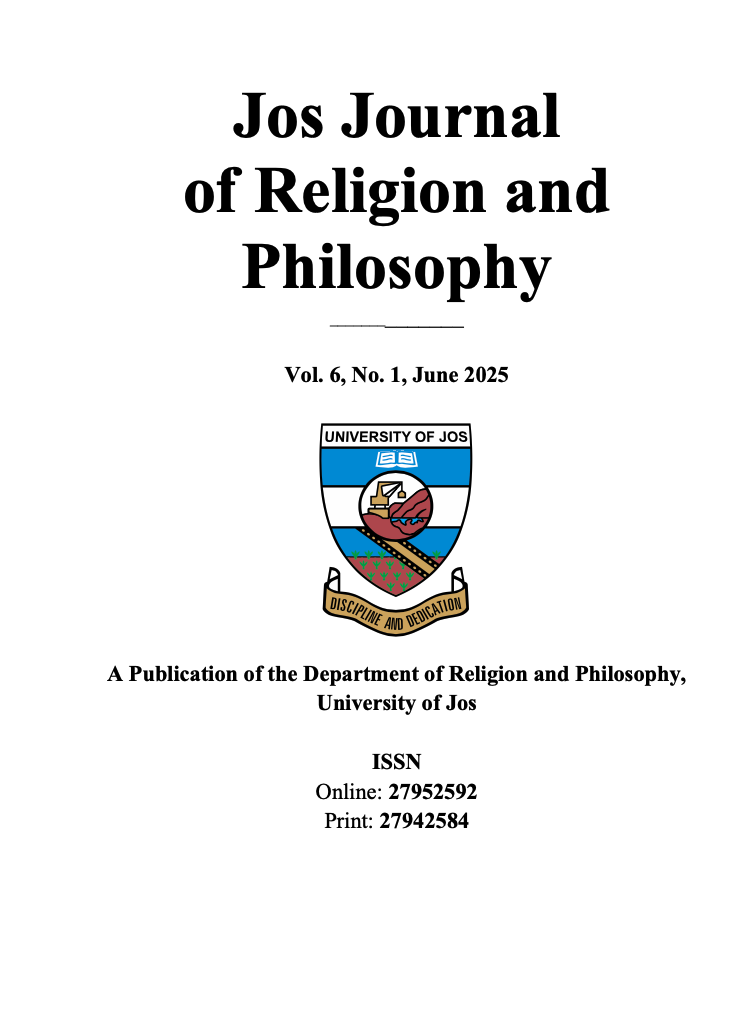RETHINKING WEBERIAN CONCEPTION OF RELIGION IN RELATION TO THE ECONOMIC DEVELOPMENT OF CONTEMPORARY NIGERIA
Abstract
The process that results in growth, progress, positive change, or the addition of physical, economic, environmental, social, and demographic components to an existing system or environment, otherwise known as development, is one of the priorities of every nation. This is because it is a multidimensional undertaking to achieve a higher quality of life for all people. As such, economic development, social development, and environmental protection are interdependent and mutually reinforcing components of sustainable development. It is therefore regrettable that Nigeria has not hitherto been able to achieve this goal, despite its continuous quest to be known as one of the best in terms of development. It is against this background that this paper rethinks the Weberian concept of religion, which asserts that the attitudes involved in the spirit of capitalism are derived from religion. It sources data from published literature and analyses the same qualitatively. With three approaches, descriptive qualitative, and explanatory as methodological tools, the paper reveals that the adoption of Max Weber’s principles of economic prosperity as espoused in his classic work or theory ‘The protestant Ethic and the Spirit of Capitalism’, would bring economic development in contemporary Nigeria. It also discovered that Weber’s works are still relevant in both theory and practice, as seen in modern scholarship. The paper therefore recommends that the principles of hard work and calling should be inculcated and rewarded among Nigerian workers. The major religious traditions in Nigeria, Islam, Christianity, and African Indigenous Religions should adopt and amplify Max Weber’s religious ideas in their teachings. The government should make legislation that can create better monetary policies, increase the value of the Naira, and an enabling environment for better business opportunities as well as improve international trade.


